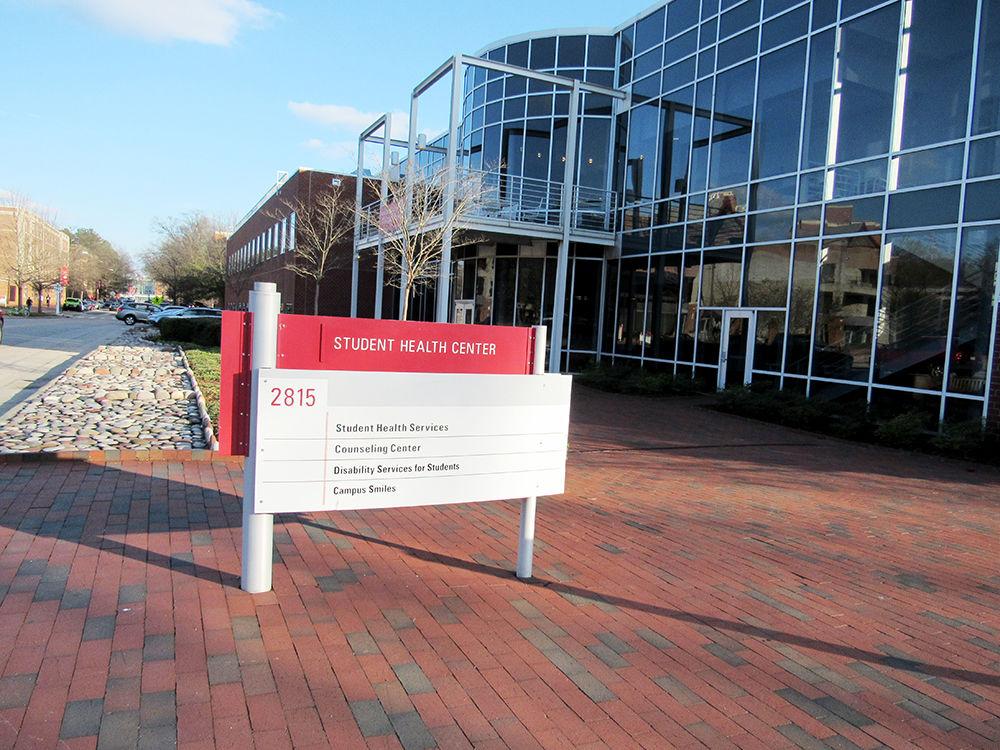Student Health Services provides more than just primary care. Within the past few years, they have expanded by adding a satellite center on Centennial Campus and are continuing to expand.
According to the Student Health Services page on NC State’s website, the university provides services for primary care, women’s health, mental health, dental care, physical therapy, nutrition counseling and more, meaning the center accommodates more than a typical doctor’s office.
Heather Spencer, associate director of Student Health Services, explained that there is not always a high enough demand on campus to open a new specialty office full-time. Because of this, the university brings in community doctors once a week to treat students with unique conditions.
“We heard several years ago that students wanted some specialty care here on campus, because sometimes it is hard for students to get off campus to see a dermatologist, a gastrologist or an orthopedic,” Spencer said.
According to Julie Casani, director of Student Health Services, campus doctors will often refer students to outside doctors when the health center cannot provide the specific treatment a student might need. Sending students to outside specialists is not a common practice, but in some cases, it is essential.
“We refer people out if we are concerned about appendicitis or a really bad asthma attack,” Casani said. “Frequently what happens is they get started with their care at a referred specialist, and then we will continue to do it here.”
Casani mentioned that within the last year, Student Health has expanded their services to include dental care. However, there has been a demand for more specialists, such as optometrists.
“So the other big demand that keeps popping up is optometrists for glasses and lenses,” Casani said. “That requires physical space, because their equipment is so big it is not portable.”
Casani said that the professionals who serve at Student Health treated over 45,000 visits within this past year. Additionally, the university did a survey comparing NC State’s health center to others, leading to several changes.
“We reduced the number of physicians we had and increased the number of nurse practitioners in primary care,” Casani said. “We have four physicians, one physician assistant, and six nurse practitioners.”
These professionals maintain their health education, which is geared more toward treatments for young people, according to Spencer.
“All of our providers have clinical medical education every year to keep up with their license,” Spencer said. “A lot of that is focused on certain diseases or things that you would commonly see in a Student Health Center.”
Both Casani and Spencer said right now, Student Health is working on accommodating the overwhelming increase of students seeking services at the counseling center.
“We have had a 50 percent increase in students coming down here for mental health problems because they are just so overwhelmed upstairs,” Casani said. “They have had a tremendous burden.”
More information on Student Health Services can be found on their website.








